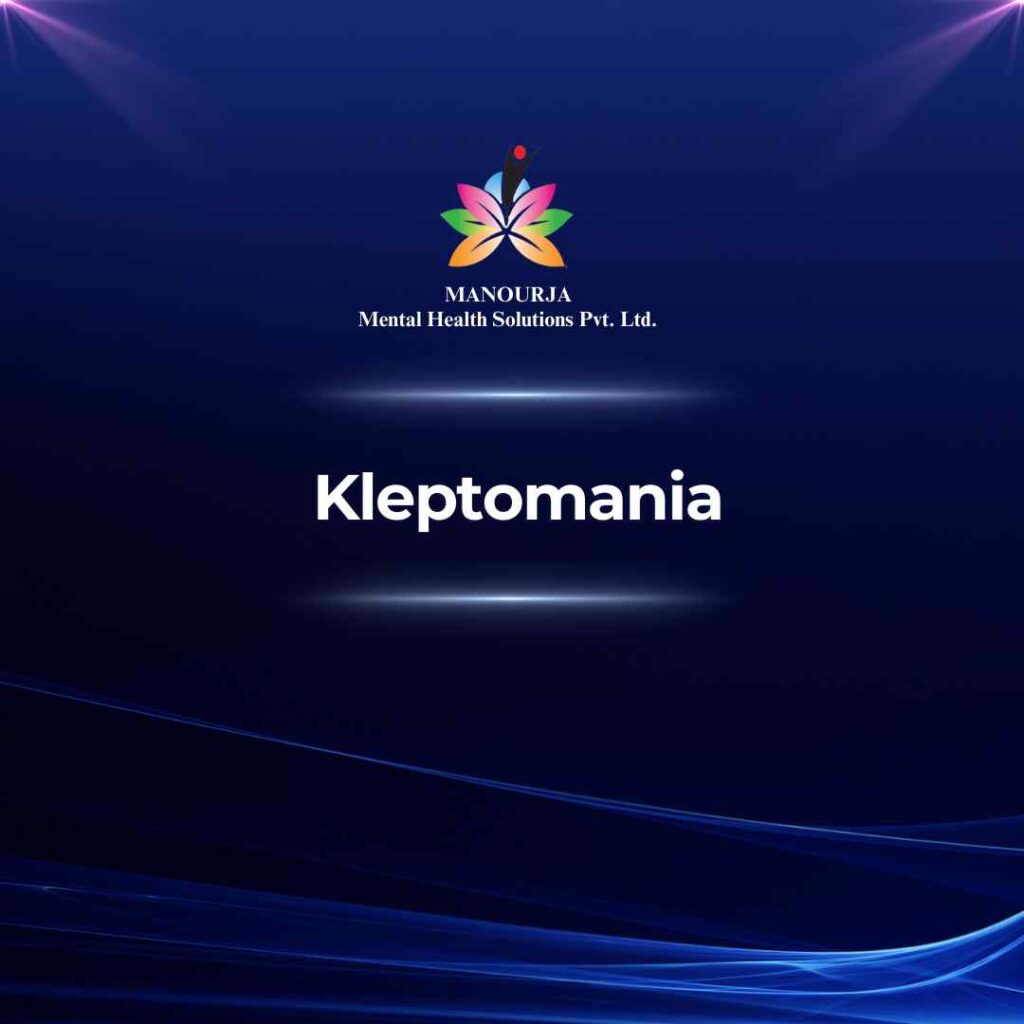Kleptomania

Kleptomania is a psychological condition known by a repetitive urge to steal items that are not needed for personal use or financial value. The act of stealing is impulsive and often driven by an overwhelming compulsion, rather than for financial gain or as a result of planning.
Kleptomania as a Sign and Symptom of Mental Illness
Kleptomania is considered an impulse control disorder, a category of mental health disorders where individuals have difficulty resisting the temptation to perform actions that may be harmful to themselves or others. This disorder involves repeated episodes of stealing, which are typically followed by feelings of relief or pleasure during the act, and guilt or remorse afterward.
Symptoms and Features of Kleptomania
- Irresistible Urges: A strong compulsion to steal items that are not needed or of little value.
- Tension and Anxiety: Intense feelings of tension or anxiety before the theft.
- Relief and Gratification: A sense of relief or gratification during and immediately after the theft.
- Guilt and Shame: Feelings of guilt, remorse, or shame after the theft.
- Lack of Financial Motivation: Stealing items not for personal gain but due to the compulsion.
- Repeated Episodes: Persistent and recurrent episodes of stealing despite negative consequences.
Mental Illnesses with Kleptomania as a Symptom
Kleptomania can occur on its own, but it is often associated with other mental health disorders. These include:
- Obsessive-Compulsive Disorder (OCD): Some individuals with OCD may experience kleptomania as a compulsion, similar to other repetitive behaviors seen in OCD.
- Mood Disorders: Conditions such as depression and bipolar disorder may be associated with kleptomania. The impulsivity seen in manic episodes of bipolar disorder can sometimes manifest as kleptomania.
- Anxiety Disorders: High levels of anxiety and stress can sometimes trigger kleptomania, as stealing provides a temporary relief from these feelings.
- Personality Disorders: Kleptomania can be seen in individuals with certain personality disorders, such as borderline personality disorder, where impulsive behaviors are common.
- Substance Use Disorders: Individuals with substance use disorders may engage in kleptomania as part of their impulsive behavior patterns, though this is more about the compulsion than the substance use itself.
- Eating Disorders: There is some evidence that kleptomania can co-occur with eating disorders like bulimia nervosa, as both involve a lack of control over impulses.
Managing and Treating Kleptomania
Treatment for kleptomania typically involves a combination of therapies and sometimes medication:
- Cognitive-Behavioral Therapy (CBT): This therapy helps individuals understand the thoughts and feelings that lead to their compulsive stealing and develop healthier coping strategies.
- Medications: Antidepressants, mood stabilizers, and medications that address impulse control may be prescribed to help manage symptoms.
- Support Groups: Participating in support groups with others who have kleptomania can provide understanding and encouragement.
- Behavioral Therapy: Techniques such as systematic desensitization and aversion therapy may help reduce the compulsion to steal.
- Addressing Co-occurring Disorders: Treating any underlying mental health disorders is crucial for effectively managing kleptomania.
Recognizing kleptomania as a symptom of a broader mental health issue is essential for providing comprehensive treatment and support to those affected.
At MANOURJA, we believe in the transformative power of counseling. Our experienced therapists offer a safe and supportive space where you can explore your thoughts, emotions, and challenges. Through personalized counselling sessions, we’ll work together to develop coping strategies, build resilience, and achieve lasting positive change. Discover the path to a healthier, happier you with MANOURJA counselling services.
MANOURJA Rehabilitation Services
At MANOURJA, we’re dedicated to helping you in rebuild your life, after difficult times. Our rehabilitation services focus on understanding what you need to move forward, whether you’re recovering from addiction, trauma, or any psychological – social challenges. We create personalized plans, that are all about helping you, regain your strength and find hope again. With a caring team by your side, you’ll have the support to make real progress and take steps toward a brighter, healthier future.
